Benátská night is a multi-genre festival focused on Czech music.

Subjects: 31
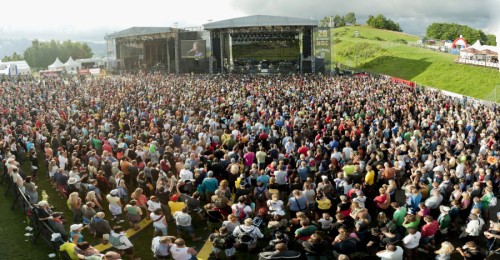

Sedlčany
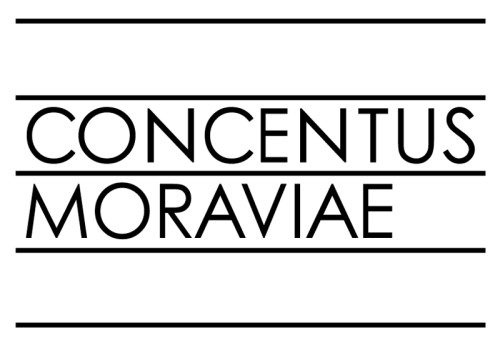
The International Music Festival Concentus Moraviae is a unique curatorial concept of program preparation. It is primarily focused on classical music with an overlap with other genres and with a strong accent on early music, to which is the biennial dedicated. Every year the organizers address a new dramaturge with a strong program vision, so the festival always focuses on a new topic and is highly appreciated for its contribution to the field. The theme of each year reflects important musical anniversaries as well as current music and social trends. Not only significant personalities of Czech musical life (Barbara Maria Willi, Jiří Beneš, Aleš Březina, Václav Luks, Zdeněk Cupák, etc.), but also foreign musicologists (Jelle Dierickx, Walter Labhart, Tully Potter, Andrea Marcon, Markku Luolajan-Mikkola, Pierre Pitzl, Carine Moretton, etc.).
Polní 6
Brno
639 00
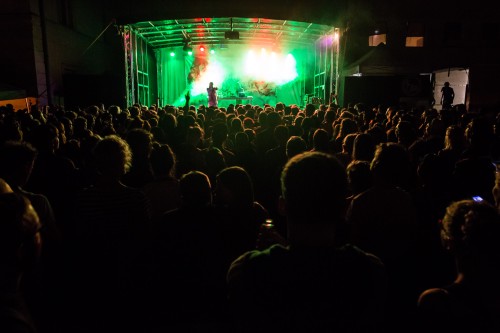
Seifertovy sady 38/6
Kutná Hora
28401
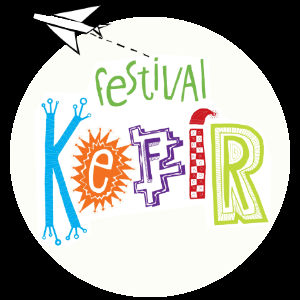

Fluff Fest is a festival focused on punk music, taking place every July in Rokycany, small Czech town
Nad Husovými sady
Rokycany
33701
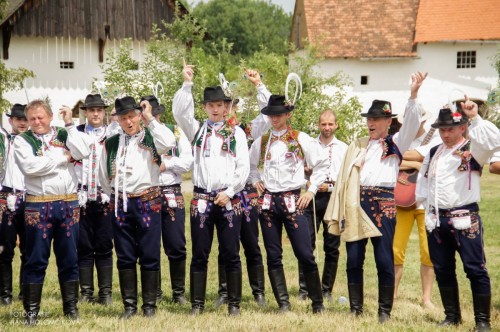
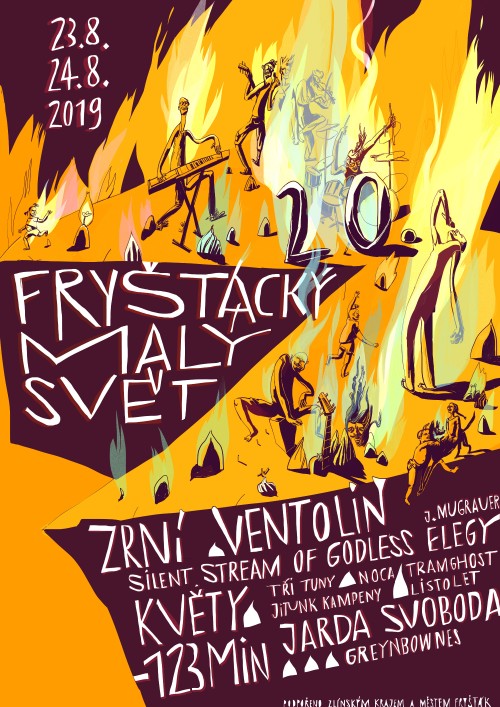

In the next ten years, Haydn's music festivals intend to present the work of the main musical "nations" or regions within the individual festival years, which contributed to the formation of classicist musical language, which soon established itself as a universal musical language used worldwide. This dramaturgical principle will significantly enrich the existing principles (focus on compositional anniversaries, regional musical sources, great major works of the classicist era). The intention of the organizers is to dedicate 40-50% of the festival's concert performances to musical "nations".
Italy has a decisive position among these nations. Therefore, the 29th year of the festival (2021) will be dedicated to Italian and Italian-inspired music of the 17th and 18th centuries. Italian musical inspiration has dominated world music for more than three centuries, culminating in the period of classicism (16th - 19th centuries). It was the Italian composers at the turn of the 17th and 18th centuries who formulated a new way of compositional work, based on more intensive work with musical material. Thanks to this, new musical genres saw the light of day in the Italian environment, which then dominated the next centuries (concert, symphonies, etc.), some others then gained new developmental inspiration (sonata, opera, etc..).
zámek Nebílovy, čp. 1
Nezvěstice, Plzeň-jih
332 04
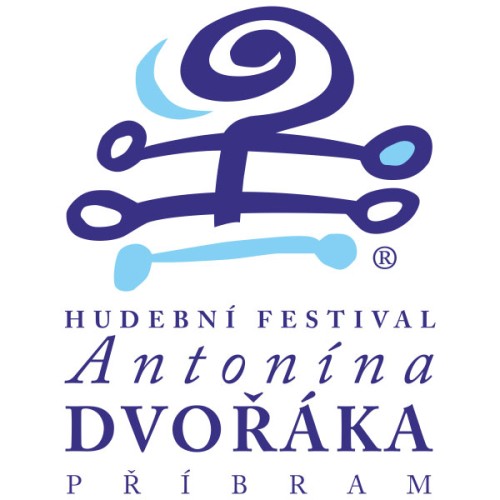
The Antonín Dvořák Music Festival boasts a long tradition, during which its organizers managed to establish it among high-level cultural events and, in the venues, of paramount importance. It was established in 1969 on the initiative of the Antonín Dvořák Society (then chaired by Dr. Karel Mikys) and the District Cultural Center in Příbram, to which the Ministry of Culture promised financial support at the time. And the support was by no means small, because at that time it made it possible to invite such orchestras as the Czech Philharmonic, the FOK Symphony Orchestra of the Capital City of Prague, the PKO, the Slovak Philharmonic or the Film Symphony Orchestra. During these years, however, the festival also included a number of excellent ensembles from abroad. The people of Příbram were also able to witness top performances such as the Leningrad Philharmonic and the Moscow State Philharmonic, and last but not least, the Warsaw State Philharmonic or the Royal Philharmonic Orchestra London with conductors Mark Emler, Charles Groves, Arvid Jansons and Dimitri Kitajen. After 1989, however, similarly as in the whole cultural sphere, significant organizational changes took place here. Since 1990, the organization Příbram Theater has taken over its organization, where (perhaps) due to the lack of financial resources, the festival stuck to three to five concerts, mostly only chamber music.